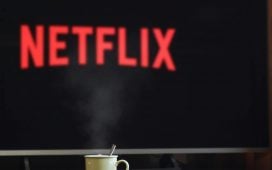Emplifi, a unified customer experience platform, has released its Q4 2022 Social Media Benchmark report, providing data on user engagement, post reach, and customer care across Instagram, Facebook, TikTok and Twitter. The analysis offers insights to help marketers reach the modern consumer, optimising social media marketing and customer support strategies.
Do you want to learn how brands are interacting with their changing audience in the region this Ramadan? Watch business leaders from brands and agencies come together and discuss how they engage with audiences and the evolving advertising landscape during Ramadan. Click here to book your seat!
According to Emplifi’s report, median engagement rate
Emplifi reveals how marketers can maximise reach on social media to engage the modern consumer
To continue reading this article you need to be registered with Campaign. Registration is free and only takes a minute. Register Now or sign in below if you already have an account.









